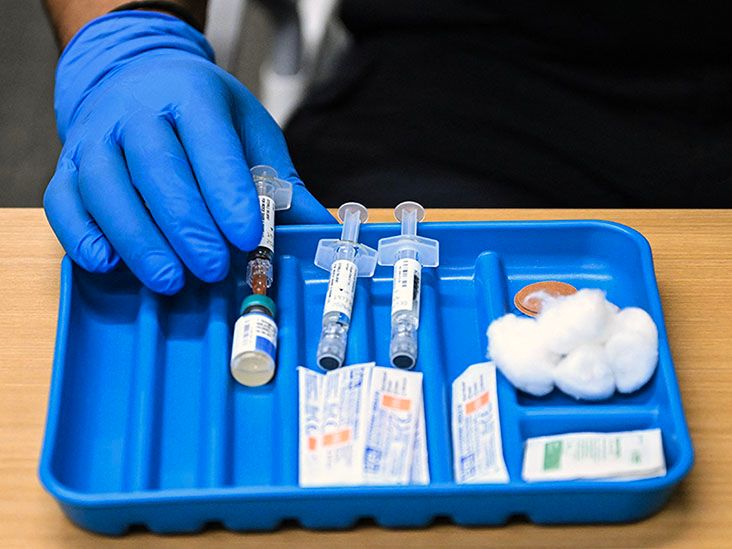A person with ulcerative colitis (UC) who experiences frequent bowel movements or bloody diarrhea for more than 3 days may require hospitalization.
People living with UC may also experience flare-ups or complications without treatment for their condition. As such, it is advisable to go to the hospital if individuals develop these symptoms.

UC is a form of inflammatory bowel disease (IBD). A person needs to consult a doctor if they experience symptoms of UC and have never had a diagnosis of the condition. If symptoms persist or are severe, individuals need to seek medical attention.
The symptoms of UC include:
If symptoms are severe, and doctors cannot help manage them as an outpatient, a person may require admission to the hospital for further tests and treatment.
Those with a previous UC diagnosis need to contact their gastroenterologist if they suspect a flare-up.
Flare-ups
People with UC may experience episodes of mild symptoms, periods of few or no symptoms (remission), or flare-ups. A person can usually treat mild and moderate flare-ups at home.
However, the most severe flare-ups may require hospitalization to minimize the risk of dehydration or other potentially severe complications.
Signs of a severe flare-up involve bowel movements containing blood more than 6 times a day, along with at least one of the following symptoms:
- fever
- increased heart rate, known as tachycardia
- anemia
- elevated inflammatory markers
A person with severe UC may also experience signs of acute liver failure (fulminant disease), which includes bloody bowel movements 10 or more times a day. It also involves severe abdominal distention, which is when the abdomen is significantly swollen beyond its typical size.
UC emergency
Individuals should call 911 if they experience the following symptoms:
- severe dehydration or malnourishment
- severe abdominal pain
- high temperature and rapid heartbeat
- vomiting blood
- persistent bleeding from the bottom
- if a stoma is present and the individual believes it may be blocked
Doctors will assess a person’s symptoms, general health, and medical history.
They will generally use physical examinations to check for signs such as abdominal tenderness and anemia. Other tests involve a stool sample and blood tests.
Further tests
- Imaging tests: These tests may include an X-ray and CT scan to obtain a detailed visual of a person’s colon and rectum and rule out other serious complications.
- Sigmoidoscopy: A sigmoidoscopy evaluates the level and extent of bowel inflammation in the lower portion of the colon. During this test, the doctor will insert a flexible tube with a camera connected to it to collect a sample of bowel tissue, known as a biopsy.
- Colonoscopy: A colonoscopy can help evaluate the whole colon. The doctor will insert a tube with a camera inside the rectum during this test.
Treatments
Generally, individuals only need hospital care for moderate to severe UC. Hospital treatments may include:
- corticosteroids
- intravenous fluids and electrolytes that healthcare professionals administer directly into the veins
- biologic medications
- surgery, such as colectomy, if symptoms have not improved with other lines of treatment in
3 to 5 daysTrusted Source after hospital admission
Adequate nutritional support is also an important part of managing UC symptoms.
Read more about UC types and treatments.
How long will a person stay in the hospital?
The time a person spends in the hospital depends on the severity of their UC. Doctors usually discharge them when symptoms respond to treatment within a few days or weeks.
Medical professionals will take different samples to monitor the inflammation. They will also monitor the consistency of the stool and the frequency of the bowel movements.
Doctors will allow a person with UC to leave the hospital when they are stable and can manage their symptoms at home.
Read about potential complications of moderate to severe UC.
Ulcerative colitis (UC) may affect people differently. Some may remain in remission, while others may experience a flare-up of symptoms. Doctors usually prescribe medications to control the symptoms of UC.
A person with UC may develop serious complications if symptoms become severe or are left untreated. This may require immediate medical treatment in the hospital. If a person with severe symptoms does not respond to the usual treatments, doctors may need to perform surgery.

